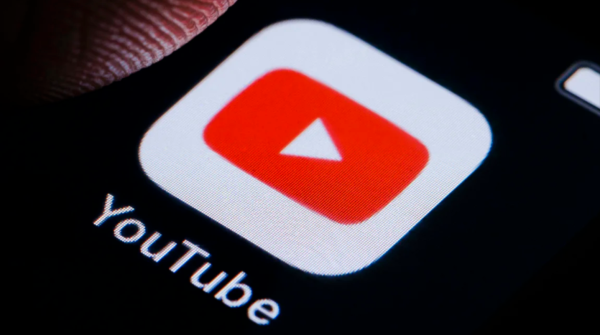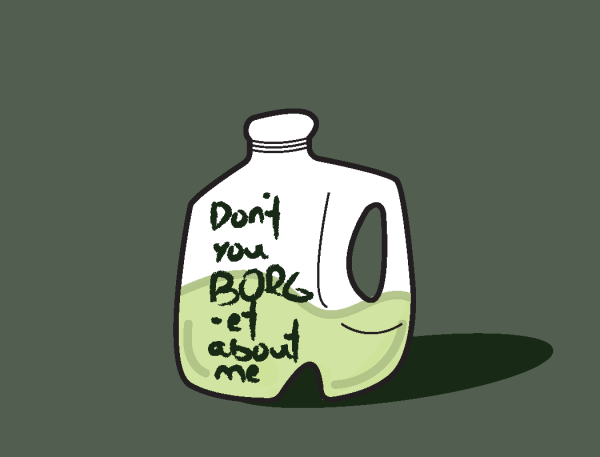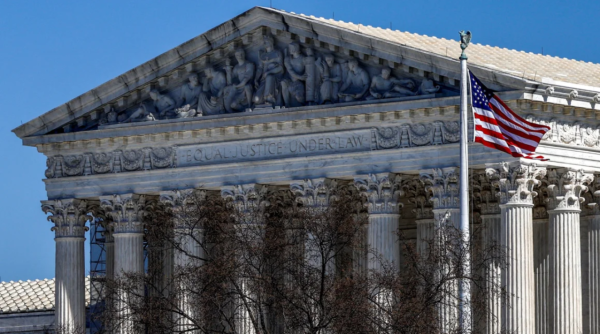The history behind vaccine mistrust within the Black community
March 11, 2021
7% of Black Americans have been administered at least a first dose of the COVID-19 vaccine as of Feb. 24.
Lisa Rose-Rodriguez is an epidemiologist at the Northern Ohio Recovery Association (NORA) in Cleveland, where she deals with the connection between substance abuse and infectious diseases.
Rose-Rodriguez lists the Tuskegee experiment as a factor impacting Black Americans’ distrust in the medical system, where in 1932, 399 Black men were not properly treated for Syphilis.
“There are some fears based in the social historic past,” she said. “Right now, African Americans are being offered the COVID vaccine and don’t have to test positive for COVID to have the COVID vaccine.”
Almost fifty years after after Tuskegee, Kent State freshman Nadia Boone said her grandparents are fine after receiving the vaccine. She thinks that proof in numbers matter.
“I think once more Black people get the vaccine, other Black people will be like ‘you know what? This can actually help us. This can actually be beneficial to us,'” Boones said.
Boone said simply speaking on the importance of the vaccination, getting vaccinated and spreading the word to others in the Black community could push them in the right direction.
“I have a Black doctor, and she was like ‘I took the vaccine [and] everyone in this [hospital] took the vaccine. I really think you should take it.’ I was like, you know what? It’s my doctor. I trust her,” she said.
Rose-Rodriguez agreed.
“[Those] who are vaccinated can help control the spread,” she said.
Rose-Rodriguez says microaggressions in the medical system, lack of transportation and access to healthcare influences trust, resulting in low vaccination rates.
According to a Kaiser Family Foundation survey, 42% of Black Americans said they would consider taking the vaccine. The same survey found seven out of 10 African Americans feel the health system treats individuals unfairly based on race somewhat or very often.
“Making it more convenient and recognizing the way racism causes Black and brown people not to seek help from their doctor,” she said.






















